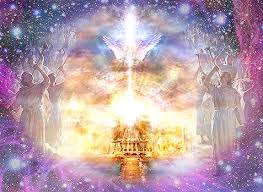
The Pope was inspired by Psalm 18 from the day’s Liturgy. In that prayer, he said, “we repeat: ‘The heavens declare the glory of God’: his glory, his beauty, the only beauty that remains forever”.
The readings, one from the Book of Wisdom (13:1-9) and one from the Gospel (Lk 17:26-37), speak to us of human glories, rather than idolatry”. In particular, the Pope noted, “the first reading speaks of the beauty of creation: it is beautiful! God made beautiful things!”. But it immediately “points out an error, the mistake of those people who, amidst these beautiful things, were not able to look beyond them, namely, to transcendence”. Yes, they are certainly things “good in themselves, they have their autonomy of beauty in this case”. These men “have not recognized that this beauty is a sign of another greater beauty that awaits us”. This is the beauty referred to in Psalm 18: “The heavens declare the glory of God”. It is “the beauty of God”.
However, we read in the Book of Wisdom that these men are “fascinated” by the beauty of the “things God created, and come to assume them as gods”. This is precisely the “idolatry of immanence”. They basically think that “there is nothing beyond these things, and that these things are so beautiful that they are gods”. In this way “they are attached to this idolatry; They are struck by awe for their power and energy”, instead of thinking of “what is greater, their sovereign, that the One who made them is the source and author of beauty”.
“It is idolatry to look to vast beauty without thinking that there will be a sunset” the Pope remarked, noting however that “even the sunset has its own beauty”. We all face “the danger” of falling into “this idolatry of being attached to the beautiful things here, without transcendence”. Pope Francis insisted that “the idolatry of immanence is when we believe that things are almost as gods the way they are, and that they will never end”. And “we forget the sunset”, he said.
“The other idolatry is the idolatry of routine”, the Pope said. In today’s Gospel passage, “Jesus, speaking of the last day, precisely of the sunset, said: ‘As it was in the days of Noah, so shall it be in the days of the Son of Man: they ate, drank, took wives, took husbands until the day Noah entered the ark’”. In short, “everything is habitual, life is this way: we live accordingly, without thinking of the sunset of this way of living”.
Yet “even this is idolatry: being attached to routine, without thinking that it will end”. And “the Church makes us look to the end of these things”. Therefore, “even habits can be thought of as gods”. In this way “idolatry” consists in thinking that “life is like this” and continuing forward out of habit. “As the beauty will end in another beauty, our routine will end in eternity, in another routine, but God is there!”.
Pope Francis explained that “the Church prepares us this week, at the end of the liturgical year, and makes us think of the end of created things”. Yes, “they will be transformed, but there is a piece of advice”, the Pope said, “that Jesus gives us in today’s Gospel: ‘Do not go back, do not look back’”, and to “take the example of Lot’s wife”.
The Pope pointed out that “the author of the Letter to the Hebrews” also uses “this advice and says: ‘We — believers — are not people who go back, who surrender, but people who always move forward’”. Pope Francis revived, in turn, the advice to “always move forward in this life, looking at the beauty, and with the habits that we all have, but without making them divine”, because “they will end”. Therefore, he concluded, “these small beauties reflect the great beauty, our habits to survive in the eternal song, in the contemplation of the glory of God”.

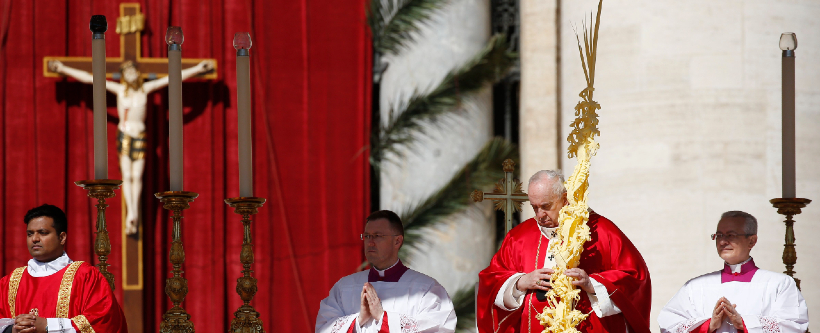
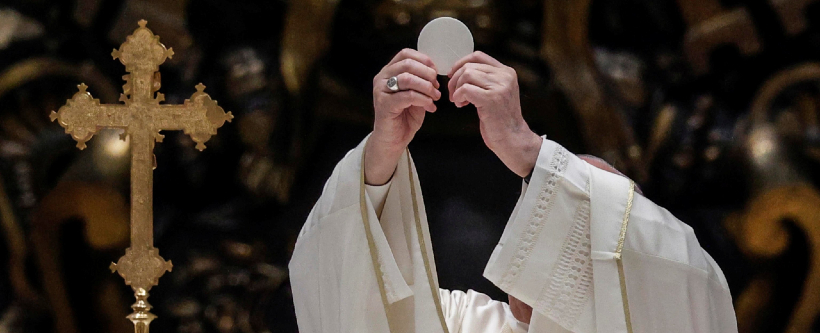
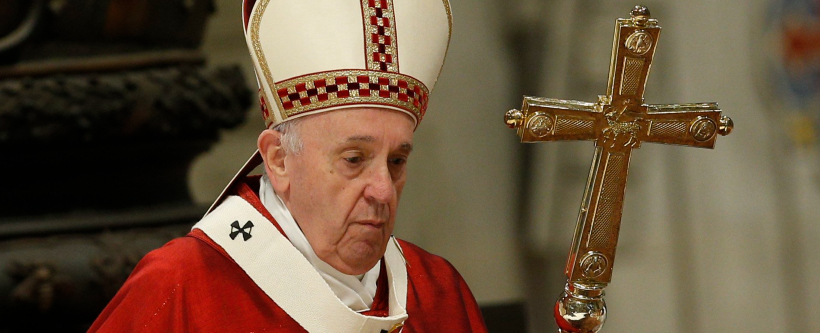
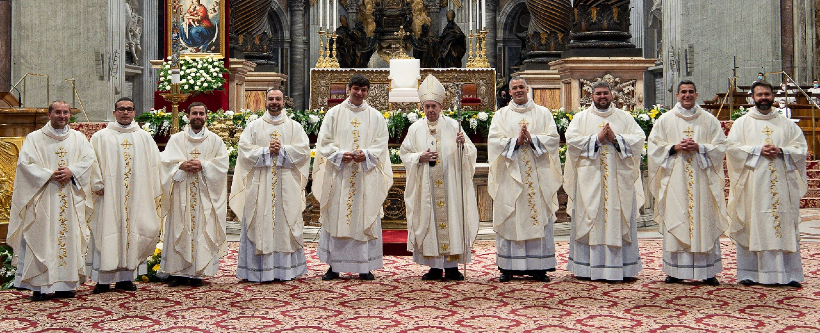
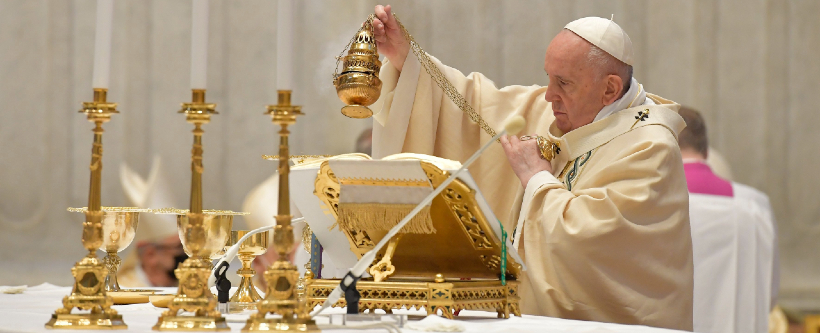
Facebook Comments